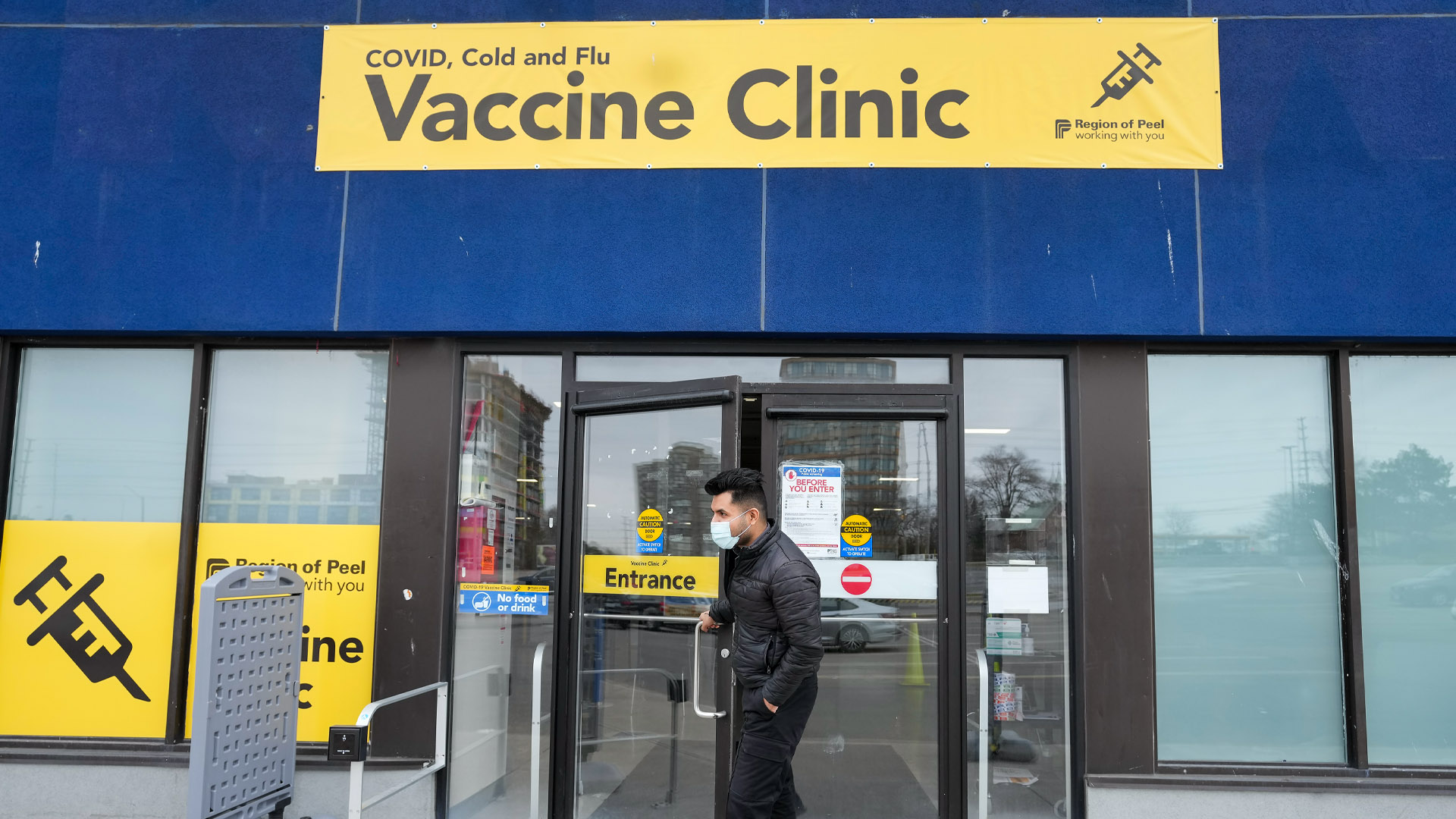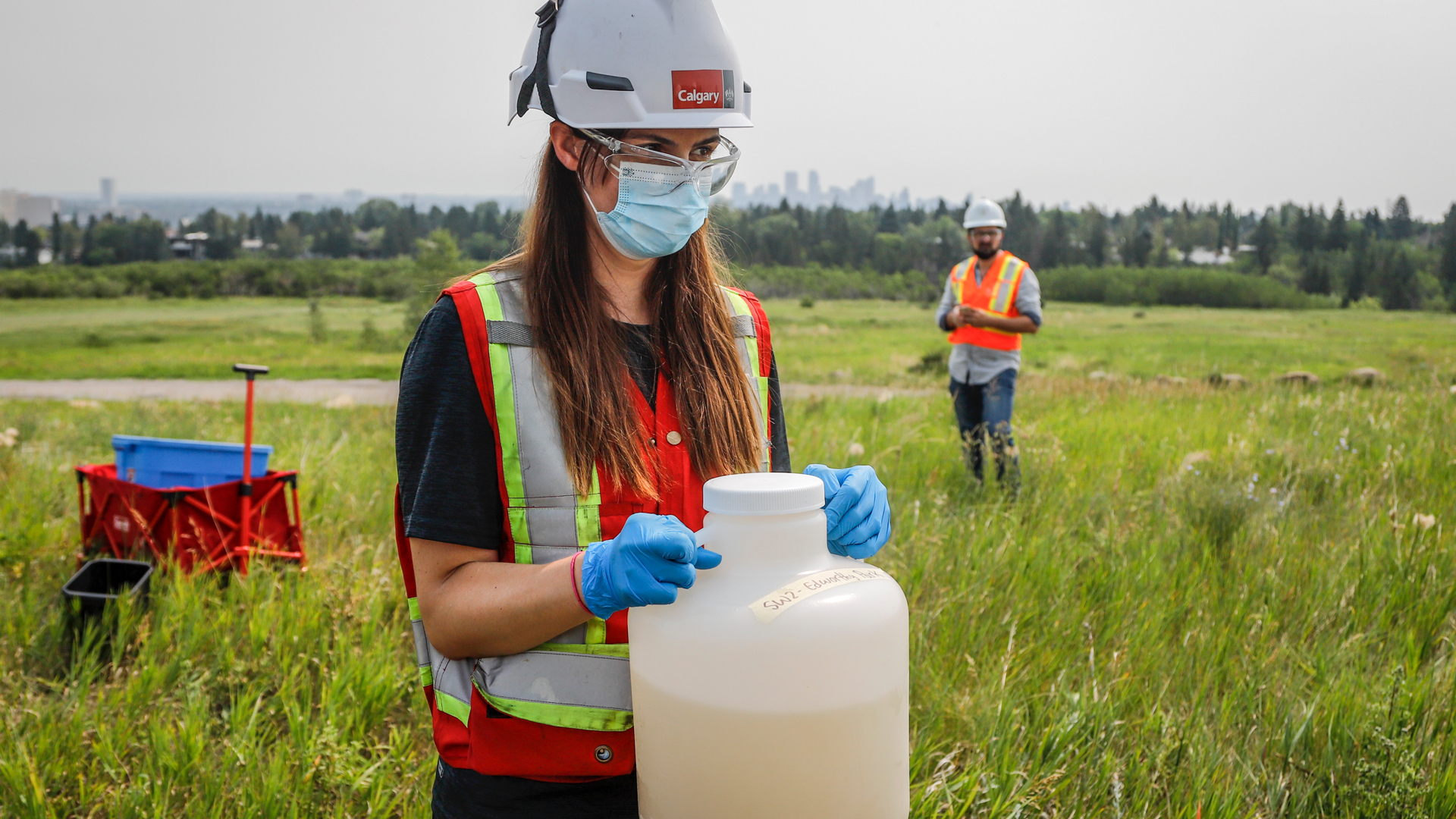
Question: what are two public-health measures essential for safeguarding individual health, reducing severe illness, and limiting the spread of infections that fewer than half of Canadians opt into?
Answer: COVID-19 and influenza vaccines.
Not only have both been proven safe through rigorous testing and continuous monitoring, they are also effective at diminishing transmission and illness. And yet, in the last year, only about 21 per cent of eligible Canadians received a COVID-19 booster. Around 42 per cent got the flu shot.
Vaccine hesitancy not just a question of health
Hesitancy toward getting vaccinated often reflects complex decision-making shaped by more than just health concerns. Religious beliefs, cultural values, and socioeconomic factors also play significant roles.
The COVID-19 pandemic highlighted how important it is for public-health officials to consider the social, cultural, and economic contexts that influence health decisions rather than focusing solely on science communication. Religion, in particular, has been shown to significantly impact vaccine decision-making.
Collaboration between public-health agencies and religious leaders has emerged as a crucial aspect of any vaccination initiative.
Measles outbreaks point to need for mandatory vaccination
Empowering public health officials requires trust in government
Religious beliefs shape how people view the world, including their attitudes toward health and wellness. For many, the decision to get vaccinated is a moral, ethical, and spiritual consideration.
For example, certain religious teachings emphasize natural healing practices. Some go a step further and express outright caution about interventions considered to interfere with “divine will.” In some cases, misinformation about vaccines aligns with religious narratives or is propagated within religious circles, further deepening hesitancy.
Faith is not one-size-fits-all
It is essential to avoid blanket assumptions about religious groups being universally resistant to vaccines.
People within the same faith tradition may have differing views on vaccination, often influenced by their social identities, their interpretation of religious teachings, or their socioeconomic status.
In addition, many religious leaders and communities worldwide actively promote vaccination, seeing it as a moral obligation to protect not only individual health but the well-being of the community. For example, during the COVID-19 pandemic, Pope Francis and other leaders within the Catholic Church publicly endorsed vaccination, encouraging congregants to see it as an act of love and social responsibility to protect vulnerable members of society.
Religious leaders are often highly trusted figures within their communities with a potent ability to influence attitudes and behaviors. Their endorsement can significantly impact public-health outcomes, especially in communities where trust in public institutions may be low.
By partnering with these leaders, public-health professionals can better understand the specific beliefs and concerns that contribute to vaccine hesitancy in various religious groups. Engaging faith leaders isn’t about co-opting religious authority, it’s about building bridges and creating culturally sensitive, respectful communication.
Collaboration is key
In the past, successful public-health campaigns have enlisted the support of religious leaders to promote health initiatives, resulting in increased acceptance of vaccines. For example, during polio-eradication campaigns in India, partnerships with Muslim religious leaders helped address rumours and fears about the vaccine’s compatibility with Islamic beliefs.
By including faith leaders in health-communication efforts, these campaigns were able to break down barriers and foster greater trust within the community.
Examples of successful faith-public health collaboration demonstrate how vaccine hesitancy can be transformed into advocacy.
In the United States, Black churches have played a pivotal role in vaccination efforts, with pastors and community leaders using their influence to counter misinformation and encourage vaccine uptake. These success stories underscore the power of community-based solutions.
When public-health officials respect and incorporate cultural and religious perspectives, they show a commitment to understanding and valuing diverse beliefs. This inclusivity not only strengthens trust but also transforms vaccine-hesitant individuals into advocates who can spread the word within their own networks.
Here at home, some Sikh temples have become vaccination sites, with temple leaders encouraging community members to get vaccinated as an act of service and care for one another.
Addressing vaccine hesitancy requires public-health officials to move away from one-size-fits-all messaging and toward tailored, community-based solutions that account for religious beliefs and cultural nuances.
Collaborating with religious leaders is not only beneficial but essential. These leaders can help public-health authorities understand and respect the values that shape health decisions in their communities, creating a pathway for open, constructive dialogue.
In doing so, public-health campaigns can shift from merely promoting vaccination to fostering a more profound sense of trust, inclusivity, and shared purpose that lead to better overall public health outcomes for all.










